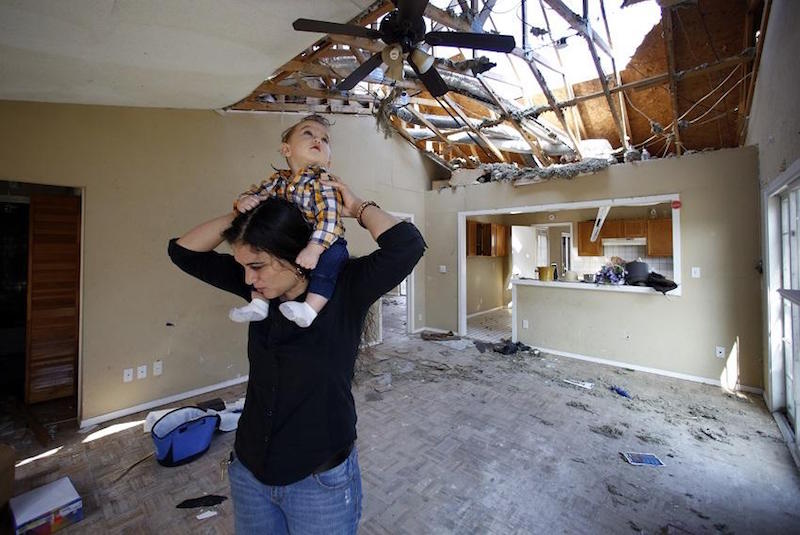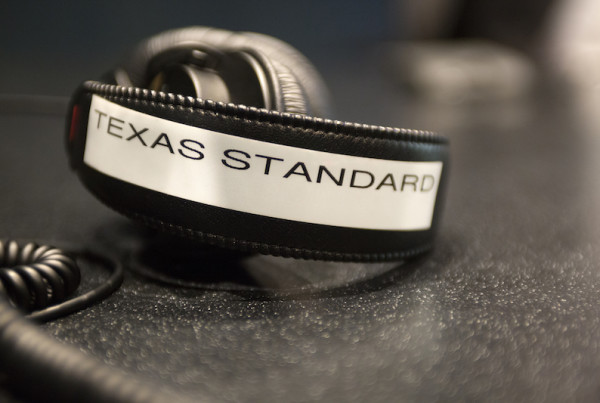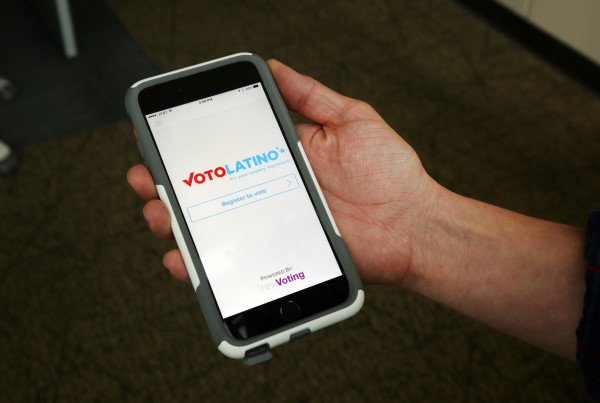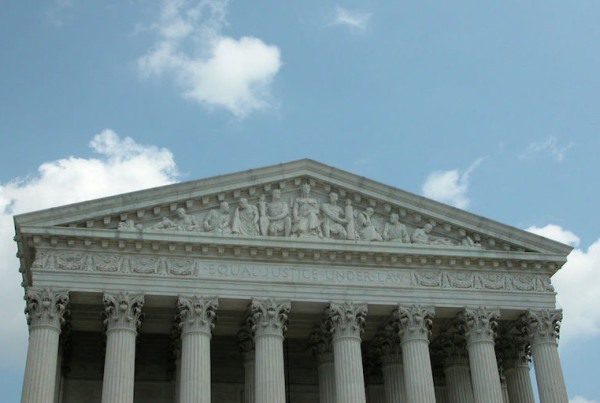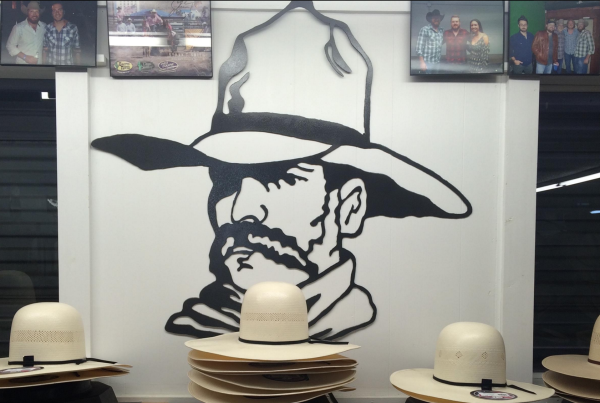This story originally appeared on KERA News.
Even a month after moving in, Lindsay Diaz isn’t completely settled at her rental house in Forney. There are still boxes in the kitchen, some random furniture on the porch. Eight-month-old Arian doesn’t seem to mind as he leaps happily in a bouncy chair.
Living Through A Tornado
She still can’t believe how close they came to disaster. Diaz, her boyfriend and the baby were all home in Rowlett the night of the storm. When the weather reports turned serious, her boyfriend took her and Arian into the bathtub.
“All of the sudden he said, ‘here it comes,’ and sure enough, ten seconds later, it came roaring through the house,” she says.
Diaz felt the tub lift off the ground and slam back down. For a moment, she thought she might get swept away.
“I remembered thinking oh my gosh what am I going to do? Am I going to be able to hold the baby? Is the tornado going to take him from me? Is this going to hurt?” she recalls.
When the storm finally passed Diaz saw what so many North Texans did the night of December 26th. A wrecked house full of broken furniture with holes in the walls and part of the roof peeled off. She was stunned, and she stayed that way.
“It didn’t fully hit me until a couple of weeks later and I just broke down,” she says.
A New Normal
Now that she’s had time to get used to her new reality, she’s not numb anymore. She’s worried; about money.
“That’s all I think about. I don’t have a big savings account. I actually had to get into that while being out of my home.”
Diaz owned her side of the duplex and has homeowner’s insurance. It looks like her reimbursement check won’t quite cover the repairs she’ll need to make.
“What should I do with the money I get from the insurance? Should I pay the mortgage? Should I use the rest of the money to repair, which is not going to be enough? I’m homeless. I don’t have a home and I need to figure out what I’m going to do to get it back,” she says.
Insurance troubles are common after disaster strikes. According to the research firm CoreLogic, 60 percent of American homeowners are underinsured by an average of 17 percent. That means if a $150,000 home is a total loss, the typical homeowner would be short by more than $25,000 when the time came to rebuild.


